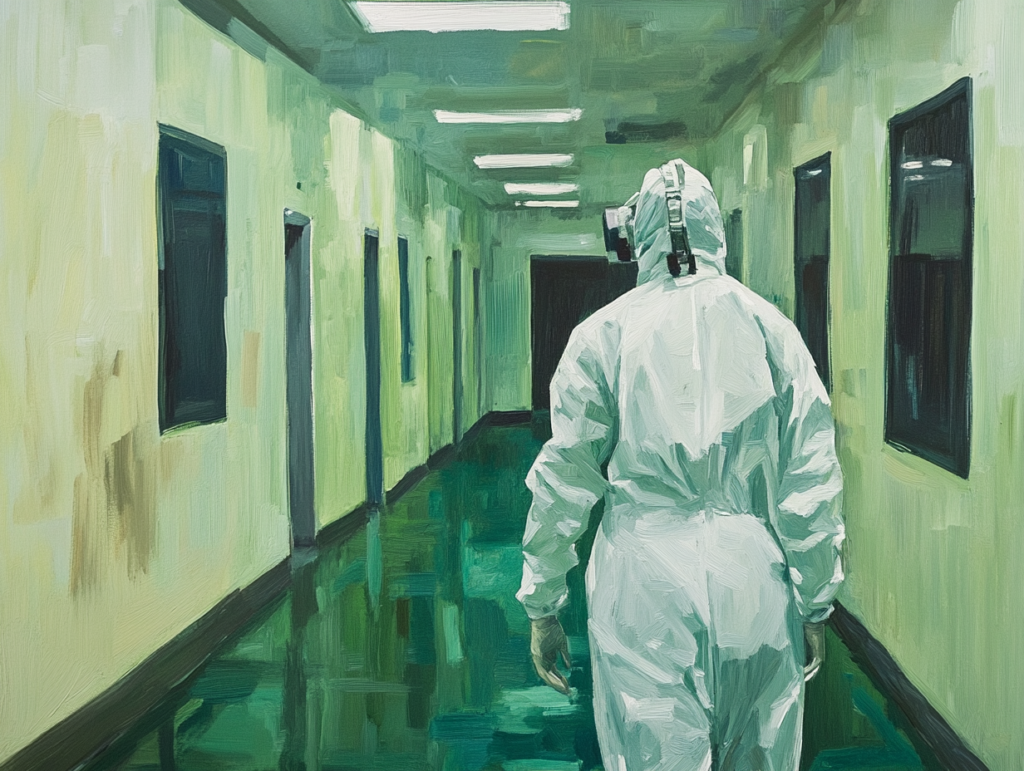The Stress Impact on Staff of Clinical Mental Health Facilities

Clinical mental health workers operate on the frontlines of emotional healing, offering care to individuals navigating some of life’s most challenging moments. Despite their indispensable role, the immense stress they face often goes unaddressed. Their work involves more than just professional expertise; it demands emotional resilience, stamina, and an ability to manage complex interpersonal dynamics. Over time, these demands can culminate in significant stress, profoundly affecting their well-being and the quality of care they provide.
One of the primary sources of stress in this field stems from the intense emotional weight of the job. Clinical staff regularly interact with patients who are in severe psychological distress. Whether working with individuals recovering from trauma, managing chronic mental illnesses, or dealing with acute crises, the emotional engagement required can be overwhelming. Mental health professionals often find themselves empathizing deeply with their patients, absorbing their pain and struggles. This level of emotional investment, while critical to providing compassionate care, leaves many feeling drained and vulnerable to stress.
Direct and Indirect Effects on the Learning Environment
The operational challenges within clinical mental health facilities also contribute to the burden. Many facilities face chronic understaffing, which results in heavy workloads for the available staff. Each team member may find themselves juggling the needs of multiple patients while trying to meet the administrative requirements of their role. The combination of patient care and administrative duties creates a relentless cycle of tasks, with little time for recovery or reflection. As a result, staff often feel stretched thin, unable to perform at their best in either domain.

Safety concerns further amplify the stress experienced by these professionals. Working with individuals in heightened states of emotional dysregulation can lead to volatile situations. Staff members may encounter aggression, hostility, or physical threats, which fosters an ongoing sense of vulnerability. Facilities that lack proper safety protocols or de-escalation training leave their teams feeling unsupported, heightening anxiety levels. This constant state of hypervigilance not only affects their ability to work effectively but also takes a toll on their mental and physical health.
Lack of Recognition is a Factor
Another often-overlooked factor is the lack of recognition for the work clinical mental health staff do. Despite their dedication and the critical nature of their jobs, many workers feel undervalued. Societal stigmas surrounding mental health care can exacerbate this feeling, creating a disconnect between the importance of their work and the acknowledgment they receive. Over time, this lack of recognition diminishes morale, leaving many workers questioning the sustainability of their careers.

The impacts of this stress ripple outward, affecting not only the workers but also the patients they serve. Chronic stress undermines the mental health of caregivers, leading to conditions like anxiety, depression, and burnout. Burnout is particularly prevalent in the mental health field, characterized by feelings of exhaustion, detachment from work, and a diminished sense of accomplishment. As mental health professionals struggle to cope, their capacity to provide high-quality, empathetic care diminishes. Patients, in turn, may experience delays in treatment, reduced engagement, or even harm from insufficiently supported staff.
Learn About: Compassion and Care During Times of Need
More on Workplace Stress
Workplace stress also leads to a troubling cycle of high turnover rates within clinical mental health facilities. When workers leave due to burnout or dissatisfaction, their departure places additional pressure on remaining staff, perpetuating the cycle of stress and strain. This instability undermines team cohesion and the continuity of care, making it harder for facilities to meet the needs of their patients effectively.
Addressing these challenges requires a holistic approach that prioritizes the well-being of mental health professionals. One critical step is creating a culture of support within the workplace. Open communication channels, where staff feel safe discussing their struggles without fear of judgment, can make a significant difference. Leadership should actively promote and model self-care, emphasizing its importance alongside patient care. Flexible scheduling, adequate time off, and access to mental health resources can also help alleviate some of the pressures staff face.

Investing in comprehensive training programs is another key strategy. Equipping staff with tools to manage emotionally intense situations, including trauma-informed care practices and de-escalation techniques, can enhance their confidence and reduce feelings of vulnerability. Facilities should also prioritize physical safety by implementing clear protocols for managing aggression and ensuring that staff have access to necessary protective resources.
Recognition and Appreciation are the Anwer
Recognition and appreciation play a crucial role in mitigating stress. Acknowledging the hard work and dedication of mental health professionals fosters a sense of value and belonging. Celebrating achievements, whether through formal awards or simple gestures of gratitude, helps combat the pervasive sense of underappreciation. This recognition should extend beyond the workplace, with broader societal efforts to elevate the status and respect for mental health professionals.

In addition to organizational efforts, individual strategies are essential for managing stress. Mental health professionals benefit from practicing mindfulness techniques, engaging in regular physical activity, and fostering strong support networks outside of work. Developing these habits requires time and commitment, but the long-term benefits for resilience and emotional stability are invaluable.
Learn About: The Importance of Creating Trauma-Responsive Classrooms
Hope for the Future
The challenges faced by staff in clinical mental health facilities are significant, but they are not insurmountable. By acknowledging the realities of their work, advocating for systemic changes, and fostering a culture of empathy and support, it is possible to create an environment where these dedicated professionals can thrive. Their well-being is not just a matter of individual health but a cornerstone of effective mental health care for the patients they serve. Addressing stress in the workplace is not only an act of compassion but a vital investment in the future of mental health services.
📩 Contact us today to learn more about our training programs and resources designed to create a safer, more supportive environment for mental health professionals.
